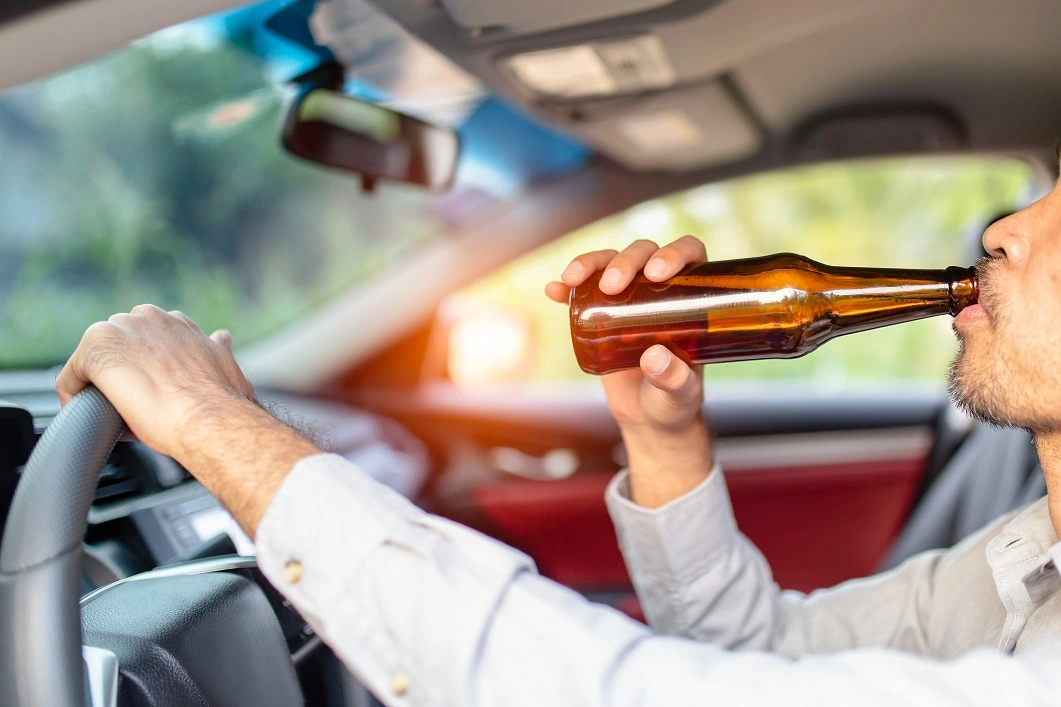National Transportation Safety Board Recommends Lower Bac Limit For DUI
Since 2004, all states have made it a per se drunk driving violation if a driver is pulled over with a blood alcohol concentration of 0.08 or higher. Previously, many states allowed drivers to have a BAC of under 0.10 before it was assumed they were driving under the influence. In some states in the early 1980s, the BAC limit was 0.15 – a level of intoxication that could be considered for high-impaired penalties in many states. Grassroots groups, including Mothers Against Drunk Driving and other organizations, have since pushed states to lower the BAC limit and helped to initiate ad campaigns and other public awareness initiatives regarding drunk driving.
Now, the National Transportation Safety Board is against suggesting that states adopt an even lower BAC threshold. The NTSB thinks a BAC of .05 or higher should bring the assumption that a driver is too intoxicated to drive. If adopted nationwide, the NTSB claims 500 to 800 lives would be saved yearly. An online BAC conversion tool published by the University of Oklahoma has a 180-pound man would have a BAC of .06 after three drinks in one hour.
The American Beverage Institute is against the recommendation, citing National highway Traffic Safety Administration data that concluded an average woman could have a BAC of .05 after one drink. The majority of drunk driving fatalities involve a BAC of at least 0.15, the Institute said. The Governors Highway Safety Association also supports the current alcohol limit, rather than lowering the DUI threshold even further.
Some states already have provisions for a lowered BAC threshold. In Colorado, a driver with a BAC of 0.05 may receive a misdemeanor for driving while alcohol impaired. If over 0.08, a driver will receive a driving under the influence charge and may face stricter penalties.
The NTSB also is pushing for mandatory interlock installation devices for first-time DUI offenders. An ignition interlock device requires a driver to blow into a breath-test device attached to the car before the vehicle will start.
Not clear if states will adopt
The NTSB has no official regulatory power. Rather, it is an investigative agency that researches and advocates traffic safety issues. Each state would have to adopt, on its own, legislation that lowered the BAC threshold to 0.05.
Drivers who have been charged with a DUI may face significant penalties, including license suspension, fines, jail time and ignition interlock installation. People faced with such penalties should contact an experienced criminal defense attorney to protect their legal rights.




